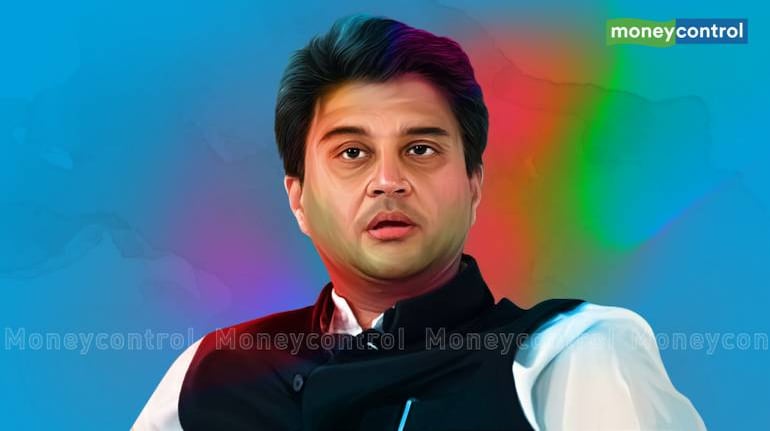



Minister of Civil Aviation Jyotiraditya Scindia said on November 18 that so far, seven states including union territories have reduced the value-added tax (VAT) on jet fuel to below 4 percent from earlier levels to support the cash-strapped Indian airline industry.
The UTs of Jammu and Kashmir, Ladakh, Andaman and Nicobar along with the Uttarakhand, Himachal Pradesh, Madhya Pradesh and Haryana state governments have reduced VAT on jet fuel, he said at the CII Global Economic Policy Summit 2021 summit in Delhi.
The ministry is in active discussions with all other states to reduce VAT on jet fuel prices, and the chief minister of Tripura has also committed to reduce VAT on jet fuel soon, according to the minister.
Reducing VAT on jet fuel has been one of the major objectives of ministry since Scindia took over the industry in August. The central government since September has been negotiating with the state governments to reduce the tax rate for the aviation industry, which is still recovering from the aftermath of the COVID-19 pandemic.
Scindia said that a major reason for airlines' losses is the high cost of ATF. Jet fuel prices are high due to rising base price and "very high VAT imposed by state governments", which currently ranges from 4% to 30%, he said.
The Aviation Minister further said that his ministry is currently evaluating the process of normalising international scheduled flight operations.
Safety remains a priority for the MoCA and it will take steps to open up international air travel as and when the COVID-19 pandemic subside around the world, he added.
Scheduled international passenger flights to and from India remain suspended since March last year amid the coronavirus pandemic. India has air bubble arrangements with more than 25 countries for operating international flights.
Scindia added that he expects the aviation industry in India to grow exponentially once the pandemic is truly a thing of the past.
He said that in the next five years the Indian aviation fleet will grow at a Compound Annual Growth Rate (CAGR) of 30-40 percent.
The Indian aviation fleet will grow to around 2,000 planes in the next 10 years, Scindia said, while stressing on the importance of improvement in all aspects of the local aviation industry together in order for the country to become a hub for global aviation.
The ministry is willing to work with aircraft manufacturers to boost aircraft manufacturing in the country, the minister said.
Furthermore, he said that the country needs to boost helicopter penetration in India, as at the moment India has the lowest per capita penetration of helicopters in the world.
He also urged the drone industry and air cargo industry to invest in the potential of growth that India offers.
Discover the latest Business News, Sensex, and Nifty updates. Obtain Personal Finance insights, tax queries, and expert opinions on Moneycontrol or download the Moneycontrol App to stay updated!
Find the best of Al News in one place, specially curated for you every weekend.
Stay on top of the latest tech trends and biggest startup news.